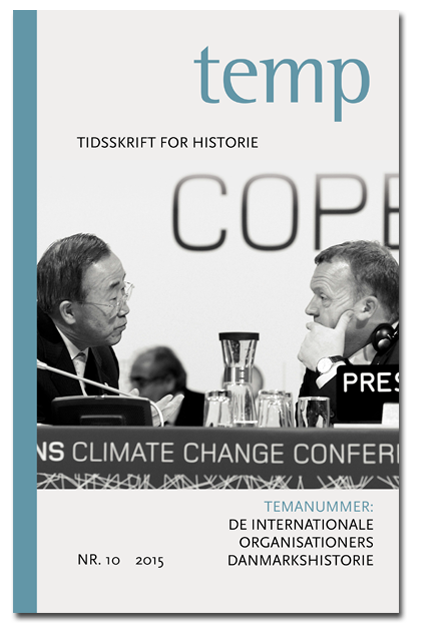Folkeskolens test- og evalueringspraksisser i internationalt perspektiv. 1945-1990
Nøgleord:
uddannelsessystemer, skolepolitik, børns socialisering, internationalt, institutionerResumé
Evaluation Practices of the Danish Public School System in International Perspective, 1945-1990
Following World War II, international organizations and cross-border connections have played a significant role in the development of education in general and test and evaluations in particular. Many changes in the Danish post-war education system, such as education for peace, teaching in democracy, the comprehensive school and the development of educational psychology, were shaped in dialogue with or even initiated in international forums. However, this international perspective is not very prevalent in the existing research.
This article throws light on how international collaboration on educational tests and evaluations in Denmark took place took after 1945. At first through informal networks and later, when these networks and their pioneering spirit increasingly became institutionalized in the 1950s and 1960s. In subsequent years the significant development took place in international organizations. The article also argues that international organizations had a special focus on the importance of basic schooling for children’s socialization and Bildung in the first part of the period. Test and evaluations were used for this purpose. While in the last part of the period focus shifted to measuring pupil performance used in international hierarchizations as a measure of quality.
Downloads
Publiceret
Citation/Eksport
Nummer
Sektion
Licens
Copyright temp - tidsskrift for historie og forfatterne.
Artikler publiceret i Temp må citeres, downloades og videresendes for ikke-kommerciel brug, under forudsætning af normal akademisk reference til forfatter(e) samt tidsskrift, årgang, nummer og sider. Artiklerne må kun genudgives med eksplicit tilladelse fra forfatter(e) og tidsskriftet.





